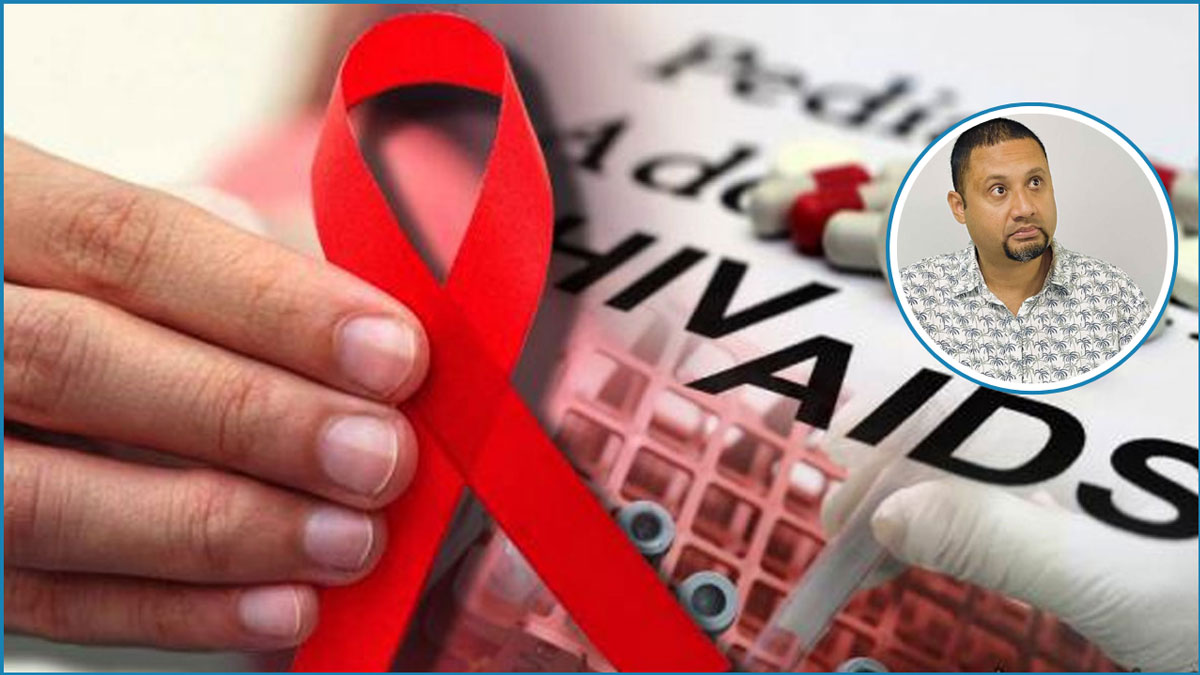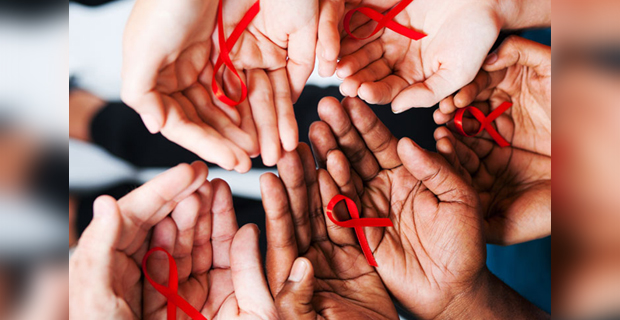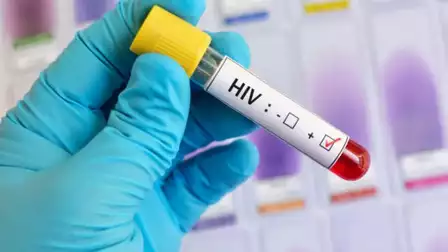
The Fiji Medical Association is making an urgent call to the Ministry of Health to declare a HIV outbreak in the country and this recognition will allow for leveraging lessons from COVID to mobilize resources, enhance multi-sectoral collaboration, and engage international technical assistance to contain the epidemic.
Association President, Doctor Alipate Vakamocea says they are deeply concerned about the alarming rise in HIV cases across Fiji, with reported infections increasing dramatically over recent years.
He says the Association also recommends that the Ministry expand targeted testing, prevention, and treatment efforts, prioritize community-led and point-of-care testing to reach key populations and underserved groups while scaling up combination prevention approaches such as needle syringe exchange program, condom programming, and Pre-Exposure Prophylaxis (PrEP).
The FMA also recommends the strengthening of the linkage to care, same-day Anti-Retroviral Treatment initiation, and retention efforts by deploying additional resources to HUB centres and sub-divisional facilities.
Doctor Vakamocea says they also have to actively re-engage individuals lost to follow-up to curb AIDS-related deaths, and address the disturbing rise in newborn and children HIV cases and AIDS-related deaths by strengthening Prevention of Parent-to-Child Transmission programs and ensuring timely newborn and child treatment and care.
He says the Ministry needs to urgently address the human resource gaps at HUB centres and in the divisions by deploying additional medical officers and community health workers to manage the growing caseload.
He also suggests strengthening of the data systems and surveillance for informed decision-making, investing in robust data collection, analysis, and reporting systems to improve understanding of the epidemic, guide evidence-based responses, and ensure targeted resource allocation.

Doctor Vakamocea says the FMA stands ready to support the Ministry of Health in these efforts.
He says they believe that a united, coordinated, and evidence-based response is critical to curbing the HIV epidemic and preventing further loss of life.
They urge the Ministry to act decisively and prioritize the implementation of the Fiji HIV and Illicit Drug Surge Strategy 2024–2026 as an immediate step toward epidemic control.
Doctor Vakamocea says this HIV surge, compounded by challenges in testing, treatment, and prevention, represents a significant public health threat that requires immediate and decisive action.
Minister for Health, Doctor Ratu Atonio Lalabalavu says Fiji is confronting an alarming and unprecedented surge in HIV cases.
From January to June of 2024 alone, Fiji recorded 552 new HIV cases, an overwhelming indicator of the epidemic’s growth.
He says many individuals are presenting to health care facilities with an advance HIV related infections, and the rise in the number of new cases is also linked to the increasing in testing conducted in our health facilities.
The Minister says his fear is that we are still missing a large of group of untested people in our community.

Last year, UNAIDS estimated a population of 2,000 people who were living with HIV in Fiji and this is believed to be under reported. Of this, only 1,049 people are on treatment while the remaining 951 remain undiagnosed or lost to follow up.
Doctor Lalabalavu says untreated HIV is not only life threatening, but a key driver of community transmission.
In this regard, the Ministry has engaged the assistance of their partners and international technical experts to conduct an assessment of the likely number of HIV cases in the country.
He says a staggering 82 AIDS related deaths were recorded in 2023 and this figure is expected to rise.
Stay tuned for the latest news on our radio stations

